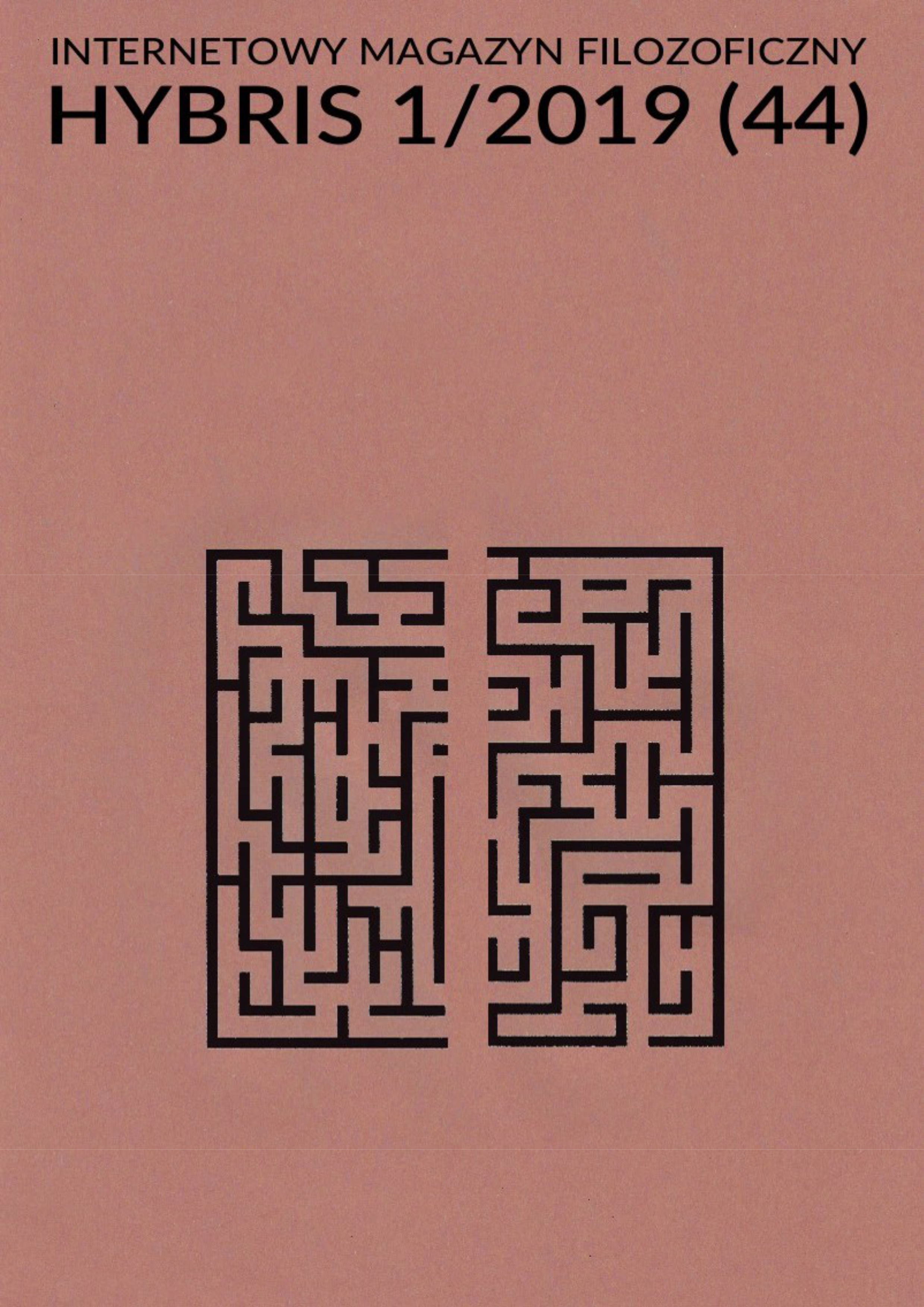Logically Correct Argument Tu Quoque
DOI:
https://doi.org/10.18778/1689-4286.44.03Keywords:
tu quoque, błędy logiczne, logika, teoria argumentacji, teoria komunikacjiAbstract
The argument tu quoque is widely called a logical fallacy. The aim of this study is to show, that this theorem is ill-considered. The text is focused on the analysis of various examples of tu quoque. This analysis leads to the conclusion that there are logically correct tu quoque. There are given some examples of such tu quoque. Main theorem of the article is that tu quoque is correct if it’s used as some kind of mental shortcut referring to other arguments.
References
Bocheński, J.M. (1993). Co to jest autorytet? W: J.M. Bocheński, Logika i filozofia. Warszawa: PWN.
View in Google Scholar
Bocheński, J.M. (1994). Autorytet. W: Sto zabobonów. Kraków: Philed.
View in Google Scholar
Dynarski, K. (1996). Pismo Święte Starego i Nowego Testamentu. Poz-nań: Pallottinum.
View in Google Scholar
Govier, T.R. (1980). Worries About Tu Quoque as a Fallacy. W: Informal Logic Reasoning and Argumentation in Theory and Practice, Vol.3 No3.
View in Google Scholar
DOI: https://doi.org/10.22329/il.v3i3.2790
Govier, T.R. (1987). Problems in argument analysis and evaluation. California University.
View in Google Scholar
DOI: https://doi.org/10.1515/9783110859249
Grice, H.P. (1975). Logic and conversation. W: P.Cole, J.L. Morgan (red.), Synthax and semantics, 3: Speech acts, 41-58. New York: Academic Press.
View in Google Scholar
DOI: https://doi.org/10.1163/9789004368811_003
Hajduk-Nijakowska, J. (2012). Kulturowy kontekst komunikowania [w:] E. Kulczyński, M. Wendland (red.) Komunikologia. Teoria i praktyka komunikacji. Biblioteka komunikacji społecznej, t.3. Poznań: Wydawnictwo Naukowe IF UAM.
View in Google Scholar
Indrzejczak, A., Promińska, B. (2016). Uwagi o formach kontrargumentacji. W: Bibliotheca Philosophica 1. Argumentacja, myślenie, działanie, 27-40, Łódź: Wydawnictwo Uniwersytetu Łódzkiego.
View in Google Scholar
DOI: https://doi.org/10.18778/8088-406-9.03
Łukowski, P. (2012). Logika praktyczna z elementami wiedzy o manipulacji. Warszawa: Wolters Kluwer.
View in Google Scholar
Przybyszewski, S. (2009). Kilka uwag o roli kontekstu w komunikacji. W: Prace językoznawcze XI, 179-189. Uniwersytet Warmińsko-Mazurski w Olsztynie.
View in Google Scholar
Pawłowski, T. (1986). Definicje perswazyjne. W: Tworzenie pojęć w naukach humanistycznych. Warszawa: PWN.
View in Google Scholar
Sękowski, P. (2012). Autorytet – teoria i eksperyment. Bocheński versus Milgram. W: Hybris, 17, 20-49.
View in Google Scholar
Sękowski, P. (2016). Formalne aspekty argumentu z autorytetu. W: Bibliotheca Philosophica 1. Argumentacja, myślenie, działanie, 41-51. Łódź: Wydawnictwo Uniwersytetu Łódzkiego.
View in Google Scholar
DOI: https://doi.org/10.18778/8088-406-9.04
Schopenhauer, A. (2012). Erystyka czyli sztuka prowadzenia sporów. Warszawa: Almapress.
View in Google Scholar
Stevenson, Ch. L. (2015). Definicje perswazyjne. W: Studia z historii filozofii, 2(6)/2015. Toruń: UMK.
View in Google Scholar
Suchoń, W. (2005). Prolegomena do retoryki logicznej. Kraków: Wydawnictwo Uniwersytetu Jagiellońskiego.
View in Google Scholar
Szymanek, K. (2008). Sztuka argumentacji. Słownik terminologiczny. Warszawa: PWN.
View in Google Scholar
Tokarz, M. (2006). Argumentacja, perswazja, manipulacja. Gdańsk: GWP.
View in Google Scholar
Downloads
Published
How to Cite
Issue
Section
License

This work is licensed under a Creative Commons Attribution-NonCommercial-NoDerivatives 4.0 International License.






